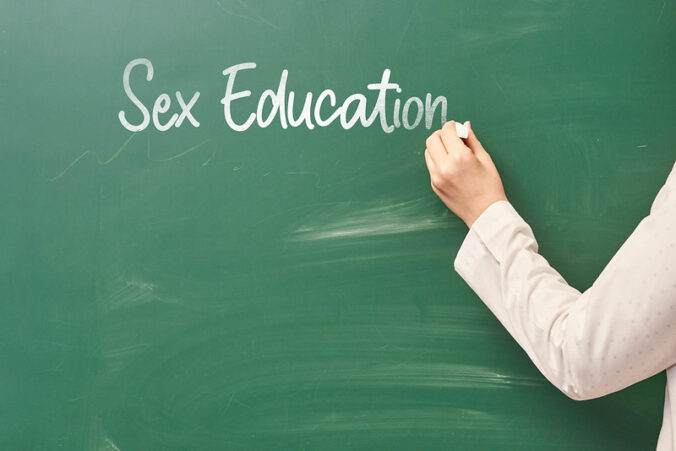The Department of Education has published it new specifications for the Social, Personal, and Health Education (SPHE) for Senior Cycle. It will become mandatory from September 2027 and includes Relationships and Sexuality Education (RSE). Quite apart from what’s in the programme, what is concerning is what is left out.
For example, the new curriculum, unlike the one introduced in 2011, omits any mention of marriage, long-term commitment, or parenting.
One of the aims of the 2011 SPHE framework was to “discuss the role of commitment and relationship skills in marriage and other committed relationships, that help to support lasting relationships and family life” (p. 28).
It said that students should be able to “compare their understanding of the responsibilities of being a parent/guardian with parents/guardians’ understanding of their responsibilities” (p. 28).
It also asked students to write an open letter to adults/guardians “emphasising the importance of [a] supportive adult/child relationship on the development of self-esteem and independence and how this might be achieved.”
All of this is now gone and has not been replaced by anything similar. Why is this? How it is supposed to be an improvement?
There is a strong emphasis on sexual consent, which is fair enough, but does it go far enough? Shouldn’t more emphasis be placed on the importance of forming committed relationships? What do parents think? Have they been properly informed?
(Here you can find the Iona Institute submission: https://ionainstitute.ie/response-to-the-background-paper-and-brief-for-the-redevelopment-of-senior-cycle-sphe/ )
A big change is the inclusion of so-called ‘gender identity’, which was absent from the 2011 framework. The new curriculum defines gender identity as “a person’s felt internal and individual experience of gender, which may or may not correspond with the sex registered at birth” (p. 21). This definition introduces a clear distinction between biological sex and gender. How many parents would agree with this definition and the underlying ideology, which suggests there is no necessary connection between biological sex and gender identity?
The new curriculum also addresses pornography under the heading of “abusive and violent relationships”. This is fair enough considered how easy it is now to access hard-core pornography online.
The new SPHE programme says that pupils should “investigate the possible influence of pornography on attitudes, behaviours and relationship expectations and what supports are available for those impacted by pornography”. (p. 13) This marks a slight improvement compared to the earlier draft circulated last year. It not only addresses pornography’s impact on relationships but also acknowledges those affected by it. However, the specification still falls short of addressing the harm pornography can cause to young consumers themselves.
Concerns remain about the possibility for “experts” being invited into schools to teach about “ethical porn” and the positive use of pornography in the classroom. (See the Iona Institute briefing note on this topic: https://ionainstitute.ie/what-leading-sex-educationalists-want-taught-in-our-schools/ )
One positive change is found in the Glossary, where pornography is now listed among examples of addictive behaviours—a reference that was absent from the earlier draft. This inclusion is certainly welcome and reflects a better understanding of the issue.
Pregnancy is only mentioned in the document in relation to “responses to an unplanned pregnancy,” which seemingly disregards the positive value of pregnancy itself. Fertility is briefly addressed under the “sexual health” heading, with the learning outcome stating that students should “understand the components of sexual health, including fertility across the life-cycle, reproductive choices, sexual functioning, safer sexual practices, possible responses to an unplanned pregnancy, and how to access sexual health information and services”. (p. 13)
The philosophy underpinning the new framework is predominantly individualistic, which contradicts the very essence of a course on relationships. It lacks a long-term vision and fails to acknowledge that actions have lasting consequences, requiring careful planning for a fulfilling life. Instead, it focuses largely on how to get most from “sexual choices and practices” without causing significant harm to oneself or others — a rather limited approach to relationships and sexuality education.
















